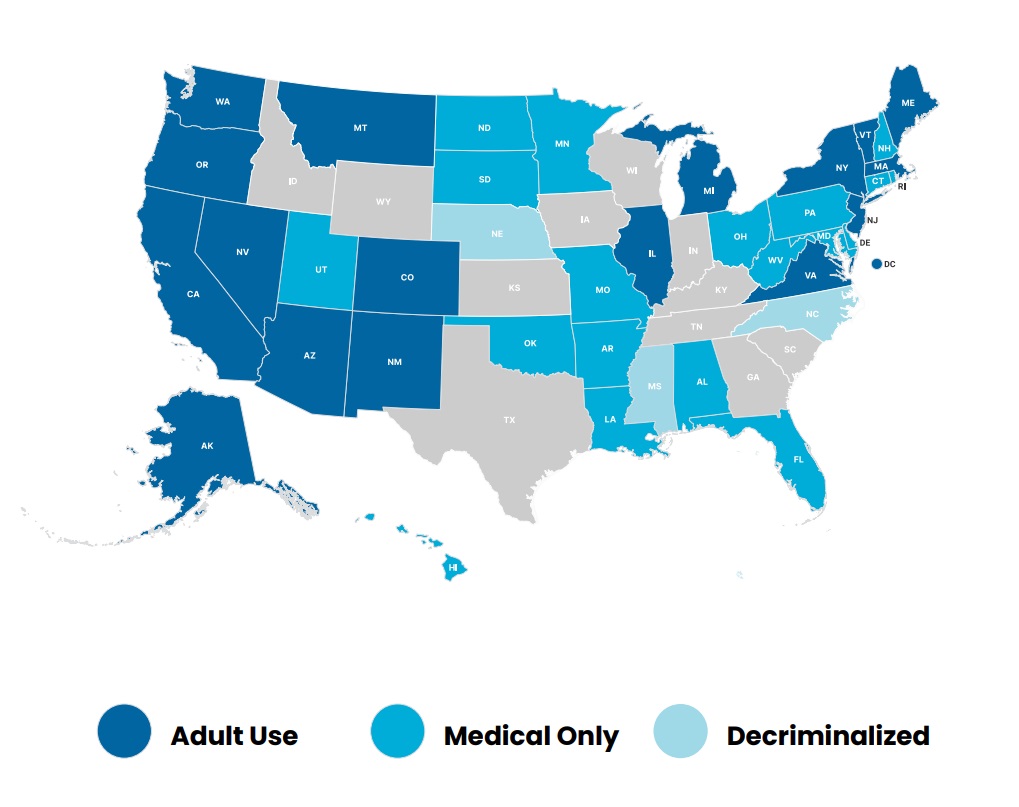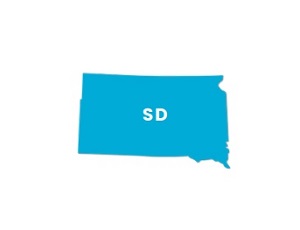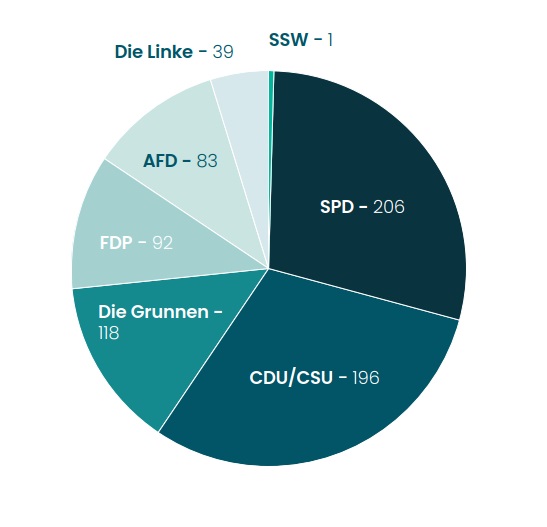New Business Model Creates Both
Opportunities and Challenges for Small Business Owners
While restrictions on size and production might immediately deter some business owners, the model of microbusinesses may support the growth of small-scale cannabis producers in an increasingly fast-paced industry. A microbusiness is a licensed business with a relatively small operation. During the microbusiness application process, smaller players and entrepreneurial start-ups in the cannabis space only compete against one another, therefore avoiding direct competition with larger, more established businesses. Ideally, this gives smaller and/or newer companies an opportunity to enter the cannabis space without the competitive influence of multi-state operators (MSOs) who are also applying for a set number of regional cannabis licenses.
Microbusinesses can be cannabis cultivators, manufacturers, distributors, retailers, or delivery services. The microbusiness must submit a successful application to their local cannabis regulatory commission and meet all the following requirements:
- Employ no more than 10 individuals at one time;
- Maintain a physical plant of no more than 2,500 square feet; and in the case of a cannabis cultivator, the canopy height cannot be more than 24 feet;
- Possess no more than 1,000 mature cannabis plants each month (cannabis distributors are exempt); and
- Acquire no more than 1,000 pounds of usable cannabis (or the equivalent amount in other forms) each month.
For small business owners, these highly specific requirements may be especially difficult to fulfill, which has prompted statelevel efforts to better support smaller cannabis growers. In Michigan, the recently introduced “Class A” microbusiness license aims to create a more economically feasible – and more inclusive – business model by doubling the allowable in-house plant count to 300. It also permits microbusinesses to purchase or acquire mature plants from licensed growers, registered caregivers, or patients, and purchase ready-to-sell edibles, concentrates, vaping cartridges and other non-flower products from licensed processors, all of which were forbidden under the former Michigan microbusiness rules. In light of these changes, regulators noted two key challenges that weigh heavily on microbusinesses: the costs of on-site production, and cultivating enough plant biomass to build a sustainable product line.
In consideration of these challenges, successful applicants may view microbusinesses as an easier path to obtaining a cannabis business license, particularly among local and minority business owners. On February 22, 2021, New Jersey Governor Phil Murphy signed into law the Cannabis Regulatory, Enforcement Assistance, and Marketplace Modernization Act, which proposes that 15% of the cannabis business licenses be granted to minority-owned businesses, and another 15% of the licenses to women-owned businesses or disabled veteran-owned businesses. New Jersey law also identifies certain municipalities as “impact zones,” or areas disproportionately affected by crime and unemployment, and prioritizes microbusiness license applications in these regions. Additionally, while this law provides that no more than 37 cannabis cultivator licenses will be issued in New Jersey during the first two years after enactment, that cap does not apply to microbusinesses.
Nationally, the details and long-term outcomes of microbusiness legislation will continue to evolve alongside the development of application forms and in response to the needs of cannabis entrepreneurs. This relationship between small businesses and regional legislation is precarious, and yet essential to the continued growth of small-scale cannabis businesses seeking to compete with – or, at best, exist alongside of – larger, widely recognized, and well-capitalized cannabis companies.
If you are interested in learning more about other key trends in the cannabis industry, please contact [email protected] to continue accessing highly relevant and data-driven content.
Take-Aways:
- Microbusiness licenses require applicants meet specific size and operational criteria, which can be difficult for applicants to fulfill – both logistically and financially.
- Ideally, microbusinesses allow local and minority-owned businesses to compete and grow separately from larger, bettercapitalized cannabis businesses.
- Recent legislation in Michigan and New Jersey serves as examples for other states seeking to support and protect smallerscale recreational cannabis businesses.
Editors’ Note: This is an excerpt from our Monthly Playbook. If you would like to read the full monthly playbook and join the thousands of others you can sign up below.











